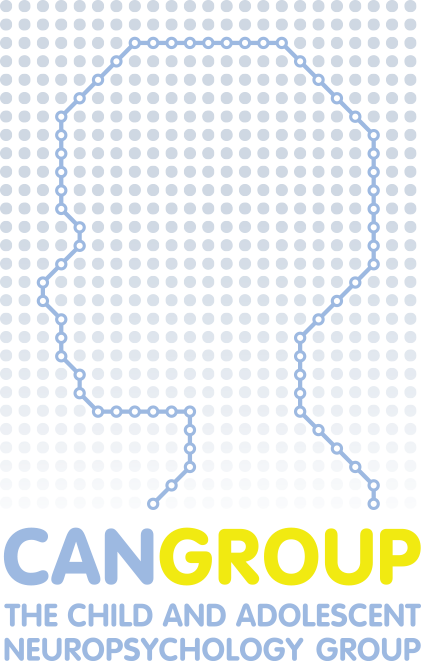Learning and Memory
Learning and remembering new information involves multiple steps. We must first encode the information by directing our attention towards what is most relevant, and then process and link that information with our existing knowledge. Next, we must store what we have learnt by transferring and organising the information into our long-term memory. If our memory systems are functioning well and the information has been appropriately encoded and stored, we will then be able to retrieve it from our long-term memory at a later time.
Parents and teachers often report difficulties with new learning and memory if a child appears to be forgetful, has a tendency to misplace items, frequently loses their train of thought, has difficulty retrieving words, needs more repetition than is typical to acquire new academic skills, or is struggling to independently recall information without prompting.
Assessing a child’s learning and memory as part of a comprehensive neuropsychological evaluation is particularly important as there are many reasons why a child may present with these symptoms. Sometimes, what appears to be a memory problem may actually be underpinned by weaknesses in other foundation cognitive skills such as language, visual perception or attention. Executive functioning weaknesses can also contribute to difficulties in this area, as the ability to monitor, keep track of, and organise information facilitates the learning and memory process. Through careful assessment, we can identify the specific skills that may be contributing a child’s difficulties with learning and memory and make appropriate recommendations to support their progress and ability to consistently demonstrate their strengths.
Request further information
For general enquiries, please complete the form below.
Alternatively, if you require a booking with one of our Neuropsychologists,
please click here to proceed to our referrals & bookings page.

